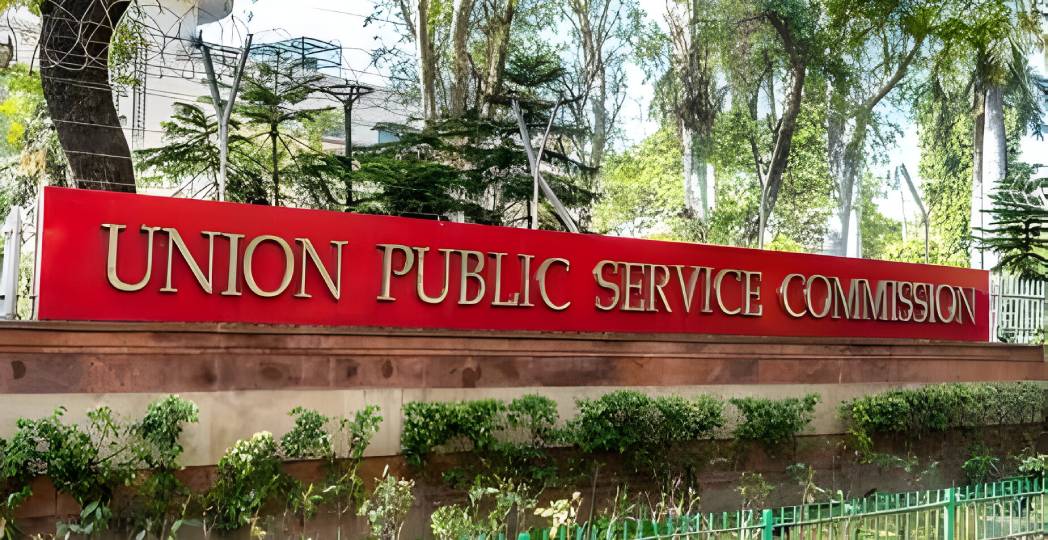Answer writing is a crucial aspect of success in the Mains examination of UPSC/APSC. Candidates need to craft articulate, concise, and well-supported answers to score high marks. In this blog, we’ll explore eight best tips on answer writing for Mains examinations along with five effective methods to practice answer writing effectively.
1.Understanding the Question : Before diving into writing your answer, it’s essential to thoroughly understand the question. Take your time to analyze what the question is asking, identify the keywords, and understand the context. For example, if the question asks about the impact of climate change on agriculture, you should focus on discussing both positive and negative impacts with relevant examples and statistics
2.Structuring Your Answer: A well-structured answer is easier to read and understand. Start with an introduction that briefly outlines what your answer will cover. Then, move on to the main body where you present your arguments, supported by facts, data, and examples. Use headings and subheadings to organize your points logically. Finally, conclude your answer by summarizing the key points and providing a concise conclusion.
3.Providing Relevant Examples:Examples add credibility and depth to your answers. Whenever possible, include real-life examples, case studies, or historical incidents to illustrate your points. For instance, when discussing social reforms in India, you can mention the role of leaders like Raja Ram Mohan Roy or Jyotirao Phule and their contributions to societal changes.
4.Using Clear and Concise Language: Avoid using complex language or jargon that might confuse the examiner. Write in clear, simple, and concise language. Make sure your sentences are grammatically correct and easy to understand. Remember, clarity is key to effective communication in your answers.
5.Backing Your Arguments: Every argument you make should be backed by evidence or reasoning. Don’t just state opinions; provide facts, data, or logical reasoning to support your claims. For example, if you argue for the need for environmental conservation, cite scientific studies or government reports to validate your stance.
6.Addressing Multiple Dimensions: Many questions in the Mains examination require you to address multiple dimensions or viewpoints. Ensure that your answer covers all aspects of the question. For instance, if a question asks about the impact of globalization on Indian economy, discuss economic, social, cultural, and political dimensions comprehensively.
7.Time Management: Effective time management is crucial in the Mains examination. Allocate time wisely to each question based on its marks weightage. Don’t spend too much time on one question at the expense of others. If a question carries fewer marks, keep your answer concise and to the point.
8.Revision and Proofreading: Always leave some time for revision and proofreading at the end of the exam. Review your answers to check for any grammatical errors, spelling mistakes, or incomplete sentences. Ensure that your answers are well-organized, coherent, and address all parts of the question.
Last Minute Tips for Answer Writing in Mains Examination
- Stay Calm and Focused: Maintain a calm and focused mindset during the exam. Avoid panicking or rushing through answers. Take a few deep breaths if you feel anxious and approach each question with clarity and composure.
- Prioritize Questions: Start with questions you are most confident about to gain momentum and boost your confidence. Allocate time wisely to each question based on its marks weightage, ensuring that you cover all questions within the allotted time.
- Stick to the Word Limit: Adhere to the word limit specified for each question. Going over the word limit may result in losing marks, so be concise and precise in your answers.
- Highlight Key Points: Use bullet points, underlining, or highlighting to emphasize key points in your answers. This makes it easier for the examiner to identify important information and enhances the readability of your answers.
- Manage Time Effectively: Keep track of time while writing answers. If you find yourself spending too much time on a particular question, move on to the next one and come back to it later if time permits. Don’t let one question consume all your time.
- Review and Revise: Reserve the last few minutes of the exam for reviewing and revising your answers. Check for any grammatical errors, spelling mistakes, or incomplete sentences. Ensure that your answers are well-organized, coherent, and address all parts of the question.
- Answer Choice: In case you’re unsure about a question, make an educated guess rather than leaving it blank. Provide a logical explanation or reasoning for your answer choice to show your thought process.
- Maintain Neatness: Write legibly and neatly. A well-presented answer sheet creates a positive impression on the examiner and makes it easier for them to evaluate your answers accurately.
FAQs
Q1. How can I improve my answer writing skills for Mains examinations?
Ans. You can improve your answer writing skills by practicing regularly, understanding the question’s demand, structuring your answers logically, and substantiating your points with examples or evidence.
Q2. Is it necessary to stick to the word limit while writing answers?
Ans. Yes, sticking to the word limit is crucial as it demonstrates your ability to convey information concisely and effectively. Going over the word limit may result in losing marks.
Q3. How can I manage time effectively during the Mains exam for answer writing?
Ans. To manage time effectively, allocate a specific duration for each question, prioritize questions based on marks weightage, avoid spending too much time on one question, and leave time for reviewing and revising answers.
Q4. Should I include diagrams or charts in my answers for better presentation?
Ans. Including diagrams or charts can enhance the presentation of your answers, especially for subjects like geography or economics. However, ensure that they are relevant, clear, and support your argument or explanation.
Q5. How can I handle difficult or unfamiliar questions during the Mains exam?
Ans. Approach difficult or unfamiliar questions by breaking them down, analyzing key components, applying logical reasoning, and providing any relevant information or examples you know. It’s better to attempt such questions with a structured approach rather than leaving them blank.





